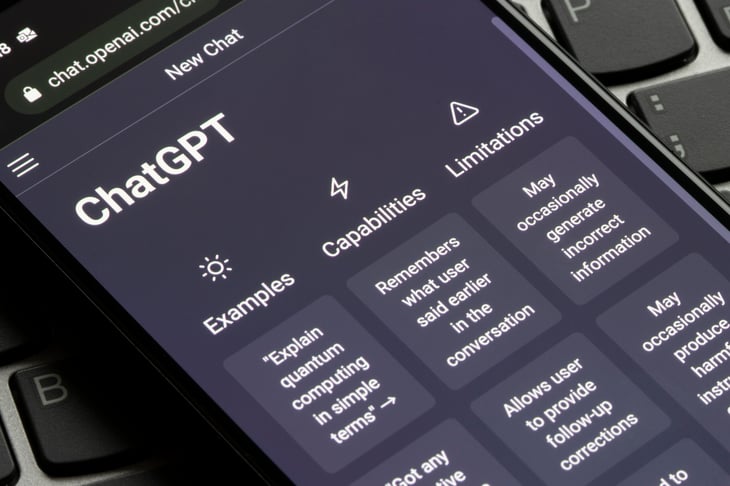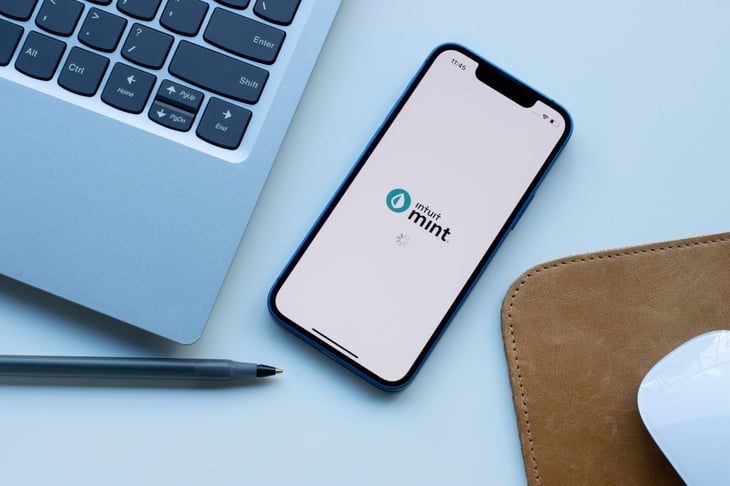
If you haven’t heard of ChatGPT, chances are good that you will soon.
This OpenAI chatbot launched in November and has stunned users with its ability to answer questions in a conversational format and to convincingly generate text that mimics how real-life, flesh-and-blood humans write.
Many people — particularly those who write for a living — are scared stiff of ChatGPT. But odds are good that the computer program’s impact will unfold in ways similar to that of other new technologies.
In other words, those who learn to use ChatGPT likely will benefit from it. Others who stick their heads in the sand may have a rougher time adapting.
Following are some surprising ways that ChatGPT can make your life a little easier.
Apply for jobs

Recently, Business Insider gave ChatGPT two actual job descriptions — one for a media assistant role and another for a ledger clerk position. The financial and business news website then threw in some information about imaginary job experience.
ChatGPT went to work composing cover letters. When Business Insider presented the cover letters to hiring managers, they had a mixed reaction. But overall, they were impressed.
Recruitment expert Chris Willsher told Insider:
“We would likely think this was written by a genuine candidate and follow up with a screening call. The structure of the letter is good, but it lacks some detail around the company they’re applying for.”
Write school essays

Wall Street Journal columnist Joanna Stern asked ChatGPT to compose an AP English high school essay. The assignment made its way to the desk of Michael Diamond, an English teacher at High Tech High School in Secaucus, New Jersey.
Diamond — who already had used ChatGPT himself — flagged errors in the piece, and felt the writing was “wooden” and “lacked verve and voice.” He gave the assignment a score of 3 out 6 — roughly around a B- to a C.
But for her part, Stern was a bit wowed:
“I was impressed with my essay. It drew parallels between Kafka’s Gregor Samsa and Ferris Bueller. The writing was well organized, but without a whiff of robotic precision.”
Of course, just because you can use ChatGPT to write a term paper doesn’t mean you should. As with many new technologies, ChatGPT might raise ethical dilemmas that society will need to resolve.
Create an ad

As many know, actor Ryan Reynolds became part owner of Mint Mobile in 2019. Recently, he asked ChatGPT to compose ad copy for the mobile virtual network operator.
An impressed Reynolds posted a video of the results on YouTube, calling the copy “compelling” and so convincing that it was “mildly terrifying.”
Compose news articles

Those who make their living as a writer are losing sleep over the notion that ChatGPT could render their livelihood obsolete. And indeed, at least two major websites — CNET and Bankrate — already are using artificial intelligence to create articles.
Recently, Sky News asked ChatGPT to compose a series of articles about topics ranging from strep A to Prince Harry and Meghan Markle.
Ed Conway of Sky News asked ChatGPT to write a column on quantitative easing. Technology reporter Tom Acres sums up the results as follows:
“As Ed rightly points out, the results are impressive but dry — a suspiciously sterile impersonation of a genuine newspaper column, rather than a convincing replacement.”
Search for things on the internet

Writers aren’t the only ones worried about ChatGPT. Many have pointed out that ChatGPT could spell the end of the road for search engines such as Google and Bing.
As TechRadar has written:
“Where Google responds to queries with pages (and pages) of blue links ranked by search engine optimization (SEO), ChatGPT’s AI collates information from thousands of sources to provide direct answers in a conversational manner.”
ChatGPT is not quite ready for prime time in this area. For example, its replies currently are based on information that was correct only as of a couple of years ago. But as the technology improves, traditional search engines could face a major challenge.
Write computer code

Not only can ChatGPT write computer code, but it can also find mistakes in already-existing code.
A columnist known as “The PyCoach” writes in Medium that the technology likely marks the end of programming as we know it:
“The first time I used ChatGPT, it blew up my mind. I couldn’t believe this AI-powered chatbot could write code in many languages, debug code, translate code from one programming language to another, write scripts from scratch, etc.”
